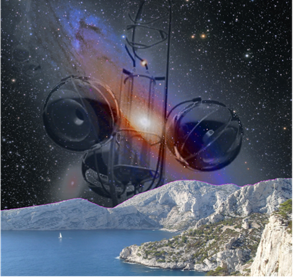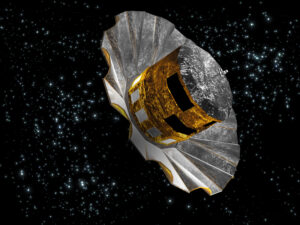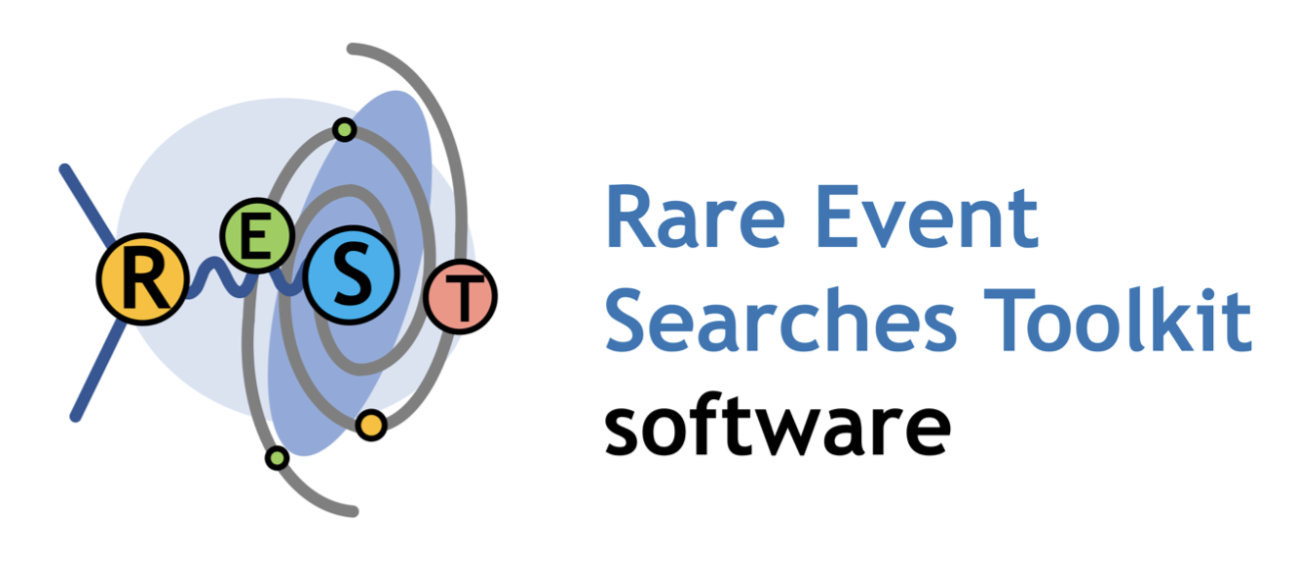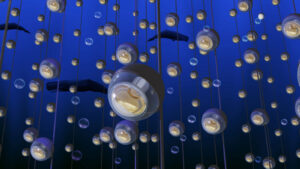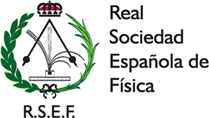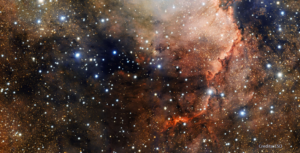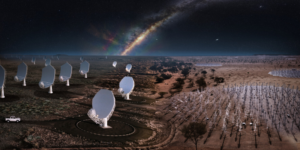Charla de Farida Fassi «Searches for New Physics at the LHC using challenging signatures with the ATLAS detector»
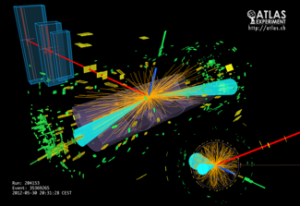
Lecturer: Farida Fassi, Mohammed V University in Rabat, Faculty of Sciences. Morocco
Abstract: The Large Hadron Collider (LHC) at CERN, the largest and most complex machine ever built will extend the frontiers of particle physics with its unprecedented high energy and luminosity. The ATLAS experiment is the largest particle detector at LHC, targets to detect the tiny subatomic particles and study the fundamental constituents of matter to better understand the rules behind their interactions. The ATLAS experiment at the LHC has a broad search program covering a wide variety of models of physics beyond the Standard Model (BSM). Various BSM theories predict unique signatures that are difficult to reconstruct and for which estimating the background rate is also a challenge. With the large amount of data gathered by the Run-2 of the LHC, the production of four top quarks (𝒕𝒕 𝒕𝒕 ) has become a very interesting probe of the Standard Model (SM) and beyond. In the SM of particle physics, 𝒕𝒕 𝒕𝒕 production is an extremely rare process with a cross section of approximately 12 fb. In extensions of the SM with top-philic new states, the four-top production rate can be enhanced considerably. Highlights from recent new physics searches with the ATLAS detector at the CERN LHC will be presented. They include searches for the SM 𝒕𝒕 𝒕𝒕 and BSM 𝒕𝒕 𝒕𝒕 , among others. Results are based on analysis of proton-proton collision data recorded at a centre-of-mass energy of 13 TeV.
Viernes 28 abril, 10:30 horas, Seminario de Física Nuclear

